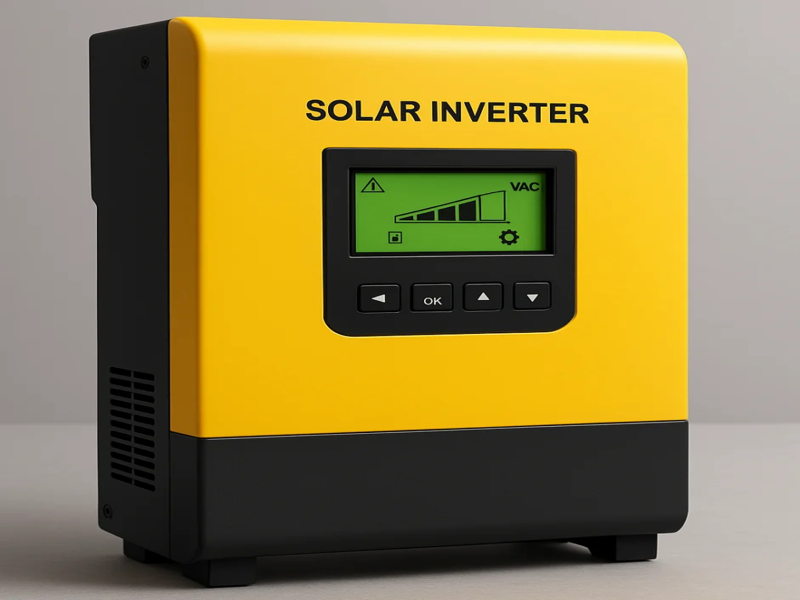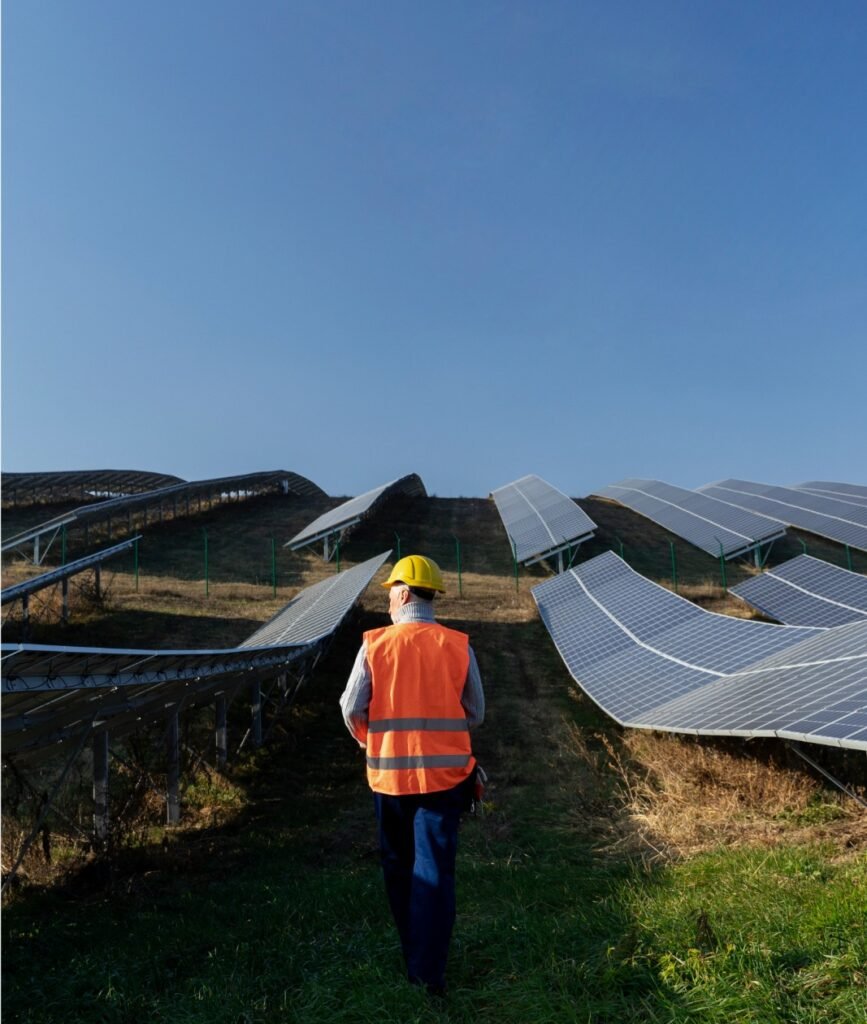In recent years, our dependence on technology has grown exponentially, making us increasingly vulnerable to space weather phenomena — particularly solar storms. These powerful eruptions from the sun can affect everything from our power grids to communication systems, and even impact the performance of solar installations. For residents and businesses in Maharashtra relying on solar energy systems, understanding these risks is crucial. This article explores the nature of solar storms, examines recent events, and offers insights into the future outlook, with particular attention to how these events might affect solar energy systems in regions like Pune and Ahmednagar. What Are Solar Storms? Solar storms are violent eruptions of plasma and magnetic field from the sun’s surface. These eruptions, also known as coronal mass ejections (CMEs), release billions of tons of solar material into space, along with electromagnetic radiation. When directed toward Earth, these storms can interact with our planet’s magnetic field, potentially causing disruptions to various technological systems. The most powerful solar storms can lead to geomagnetic disturbances that affect power grids, satellites, GPS systems, and radio communications. For owners of solar panels for residential homes in Pune and beyond, these storms can temporarily affect the efficiency of solar energy collection systems. Recent Solar Storm Events The Halloween Storms of 2024 In October 2024, a series of X-class solar flares (the most powerful category) triggered geomagnetic storms that affected Earth. These storms caused aurora displays visible as far south as Maharashtra, a rare phenomenon that captivated many residents. For solar panel installation companies, these events presented unique challenges, as several systems experienced temporary fluctuations in power output. Solar installation Pune experts reported that while most modern systems weathered the storm without significant issues, older installations without updated surge protection experienced minor disruptions. This event highlighted the importance of working with experienced rooftop solar solutions providers Pune who understand how to shield systems from these cosmic events. March 2025 G4 Storm More recently, in March 2025, a G4 (severe) geomagnetic storm impacted Earth’s magnetosphere. This event caused temporary radio blackouts and affected some satellite operations. Interestingly, according to data from solar manufacturing companies in Maharashtra, systems with advanced monitoring capabilities detected the disturbance and automatically implemented protective measures. For homeowners with solar pannel for home systems in the region, this event served as a reminder of the importance of regular maintenance and updates. Many solar companies in Pune reported an increase in service calls following the event, primarily from customers with older installations seeking upgrades to better withstand future storms. How Solar Storms Affect Solar Energy Systems Solar storms can impact photovoltaic systems in several ways: Direct radiation effects: Intense solar radiation can temporarily increase the temperature of solar panels, potentially reducing their efficiency. Grid connectivity issues: When solar storms affect power grids, grid-connected solar systems may automatically shut down as a protective measure. Electronic component damage: Without proper protection, sensitive electronic components in inverters and monitoring systems may be damaged by induced currents. Data and monitoring disruptions: Communication systems used for remote monitoring of solar installations may experience temporary outages. Leading solar industries in Pune have been proactive in addressing these challenges. Many modern systems now come equipped with enhanced surge protection and isolation features designed specifically to mitigate the effects of space weather events. Protecting Your Solar Investment For homeowners and businesses considering solar panel installation in Ahmednagar or Pune, several measures can help protect your investment from solar storm impacts: Work with Experienced Providers Established rooftop solar solutions providers Pune have experience designing systems that can withstand various environmental challenges, including space weather events. These companies typically implement robust grounding systems and surge protection devices that help shield your installation from geomagnetic disturbances. Regular Maintenance and Updates Regular maintenance by qualified technicians from reputable solar companies in Pune ensures that protective components remain in optimal condition. Many providers offer maintenance packages that include inspection of surge protection devices and system grounding. Monitoring and Backup Solutions Advanced monitoring systems can alert you to potential issues during solar storm events. Some solar manufacturing companies in Maharashtra offer integrated battery backup solutions that can provide power even if grid connection is temporarily lost during a geomagnetic disturbance. Future Outlook: Solar Storm Activity Through 2030 Scientists predict that solar activity will continue to increase as we approach the peak of Solar Cycle 25, expected around 2025-2026. The National Oceanic and Atmospheric Administration (NOAA) Space Weather Prediction Center forecasts above-average solar storm activity for the next several years. For the solar industry in Pune and throughout Maharashtra, this outlook presents both challenges and opportunities. While increased solar storm activity may require enhanced system protections, it also drives innovation in the sector. Many leading providers are already developing new technologies specifically designed to maintain optimal performance during space weather events. Implications for Maharashtra’s Solar Energy Future Maharashtra has positioned itself as a leader in India’s renewable energy transition, with ambitious solar capacity targets. The state’s vulnerability to space weather events has prompted collaboration between solar manufacturing companies in Maharashtra and research institutions to develop India-specific solutions for solar storm resilience. For homeowners considering solar panels for residential homes in Pune, this focus on resilience translates to more robust systems that can maintain performance even during challenging space weather conditions. Many solar installation Pune companies now include space weather considerations in their system designs, particularly for larger installations. Conclusion As our reliance on solar energy grows, understanding and mitigating the risks posed by solar storms becomes increasingly important. For residents of Maharashtra considering solar installations, working with experienced rooftop solar solutions providers Pune who understand these challenges is essential. The coming years will likely see increased solar storm activity, but the solar industry in Pune and beyond is rising to the challenge with innovative solutions. By staying informed and working with qualified professionals, homeowners and businesses can ensure their solar investments remain protected and productive, even as our sun enters a more active phase. Whether you’re considering solar panel installation in Ahmednagar or upgrading an existing system in Pune, discussing










